The film exhibition industry’s biggest convention kicks off in Las Vegas in an uncertain mood despite a strong year of 3D successes.
ShoWest, the largest and most globally representative convention of film exhibition, got underway in Las Vegas on Monday (March 15) … sort of.
Though the program clearly listed Opening Day Luncheon, the attendance appeared diminished in size and delegates seemed more aimless than focused. This played at odds with a significant global box office expansion in the last three months largely propelled by the bookended 3D releases of Avatar and Alice In Wonderland.
Michael Lynton, chairman and chief executive of Sony Pictures, gave a keynote address with the intention of firing up the crowd. However, despite citing history (recent and ancient) about “man’s need to interact with his brethren in the pursuit of entertainment”, the tables rarely responded, or, at best, gave a faint, delayed round of applause. “We are joined at the hip,” said Lynton, “you (the exhibitors) are our (the studios) most important relationship.”
Lynton emphasised that change was necessary in regard to recent concerns about shrinking windows between theatrical and ancillary revenue streams. “We are not going to open a new window and close another one down,” he said. “That would result in a stuffy, uncomfortable room.”
The speech then abruptly segued into a passionate and comprehensive plea for healthier foods at theater concession stands. Citing alarming data on teenage obesity, Lynton said that Sony had conducted surveys across the country that proved a majority of the audience desired healthy options for themselves and their children. He suggested theatre owners explore the possibility of snacks such as fruit snacks, yogurt and trail mix and said guidelines and assistance would be forthcoming from national agencies.
A short time later the kick off panel - featuring theatre owners from five countries - touched on the issue of healthier snacks and gave a different picture.Tony Keratoes, of Kerasotes Theatres, said: “Every couple of years the Centre of No Fun comes up with a report and the newspapers make hay and it goes back to regular business after a couple of months.”
Under the title: Exhibition Speaks Out: New Challenges and Best Practices, the panel surveyed such issues as release windows, new technologies and alternative content in their venues. “Windows are going to shrink,” insisted Steve Weiner of UK-based Cineworld.
“It’s not about DVD,” insisted Tom Stephenson of U.S.-based Rave Motion Pictures. “The second window is becoming video-on-demand and what concerns me is that people see ads way in advance with the option to pre-order … that could harm our business.”
The liveliest discussion centered on alternative content and Stephenson was confident that 3D live sporting events would imminently become a major force in exhibition. Virtually all the panelists could cite positive experiences with broadcasts of football, hockey and rugby matches. It was noted that it provides not simply a different audience but a more interactive experience at a premiere price.
The more traditional alternative content fare such as live opera also received praise. However, with the breadth of issues on the agenda there was neither sufficient time nor the opportunity for audience questions to be raised. The prospect of richer results via non-traditional programming has already raised red flags in both sectors. Distributors have voiced concern that their films are losing screen time while theatre owners (several have invested in content providers) see a problem of being shut out by studio initiatives such as Sony’s Hot Ticket, which recently played a Celine Dion concert film that grossed roughly $2 million in scattered shows over a two week period.

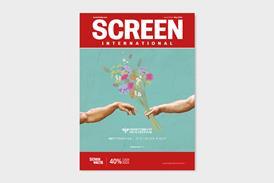
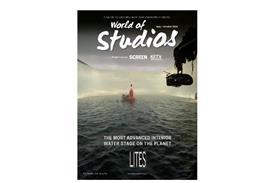

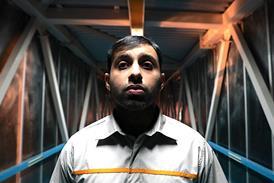

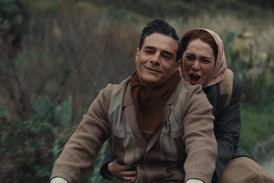
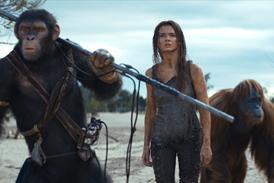




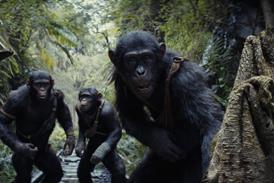








No comments yet